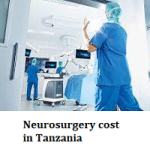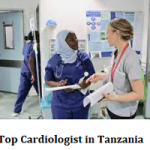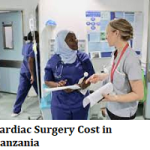Best Neurosurgeon in Tanzania
Tanzania’s healthcare system was not that advanced in the past, but today, because of the government’s initiatives, hospitals in Tanzania can treat all specialties. For example, Neurosurgery is one of the specialty treatments now available at Tanzanian Hospitals. The top neurosurgeon in Tanzania is an expert in performing surgery to treat brain or spinal cord disorders. Therefore, finding the best neurosurgeon in Tanzania is crucial to provide you with the required treatment successfully. After many collaborations with top foreign institutes best training programs are developed in Tanzania to train neurosurgeons with advanced technology and techniques.
The neurology hospital in Tanzania has all the top facilities to provide world-class treatment to patients, and neurosurgeons are trained to handle the emergency cases such as accidents. In Tanzania, neurosurgery is a specialized medical field requiring advanced training and expertise. However, with time, the number of practicing neurosurgeons in Tanzania is increasing, and specialized equipment and resources are now available in top hospitals. The Tanzanian government has taken steps to improve the country’s healthcare system, including investing in medical infrastructure and increasing medical education and training funding.

















